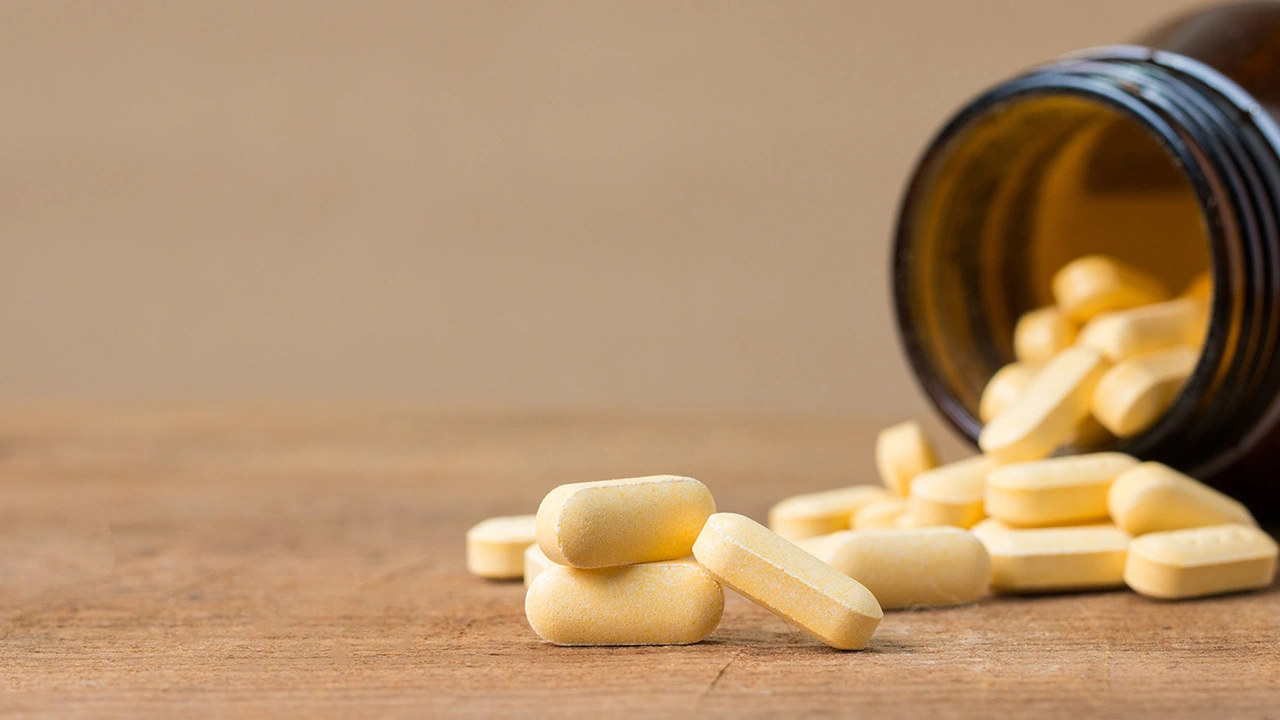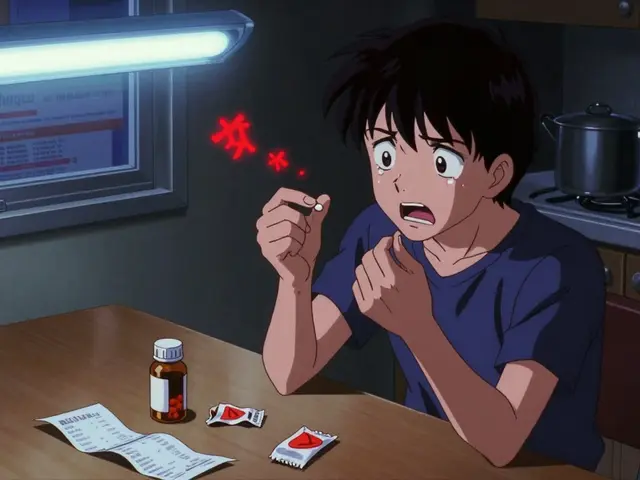GHB Supplements: What You Need to Know
GHB (gamma-hydroxybutyrate) shows up in conversations about sleep, muscle recovery, and nightlife. Before you consider it, get clear on what it really is, how it works, and — most importantly — the risks. This page gives straight, practical info so you can decide safely.
What GHB Is and Why People Use It
GHB is a central nervous system depressant that can produce relaxation and sleep. Some users report better sleep quality or faster recovery after heavy training, but scientific support is limited and mixed. Others use it recreationally for euphoria or lowered inhibitions. Those different uses change how risky it becomes.
It’s not a standard vitamin or herbal supplement. In many countries GHB is a controlled substance or prescription-only drug because of its potential for harm and misuse. Treat it with the same caution you would a strong prescription medicine.
Safety, Dosing, and Red Flags
Dosing is a major danger. A small change in amount can shift effects from mild relaxation to unconsciousness or respiratory depression. There’s no universal safe dose—body weight, tolerance, other drugs, and alcohol all matter. Never mix GHB with alcohol, benzodiazepines, opioids, or other sedatives. Combining them is one of the most common ways people end up in the emergency room.
Watch for signs of overdose: extreme drowsiness, confusion, slow or shallow breathing, vomiting while unconscious. If someone shows these signs, call emergency services immediately and keep them breathing until help arrives. Don’t assume a nap will be harmless—GHB can suppress breathing fast.
Another risk is inconsistent purity. Illicit GHB or homemade mixes often contain unknown contaminants or incorrect concentrations. That makes dosing guesses dangerous. If you encounter products sold as "GHB supplements," question their testing and origin.
Legal Status, Buying, and Safer Alternatives
Legal status varies by country. In many places GHB is illegal without a prescription. Buying from unverified online sellers can expose you to legal trouble and unsafe products. If you live where medical use is allowed, work with a licensed provider and a pharmacy. They can advise on dosing, interactions, and monitoring.
If your goal is better sleep or recovery, consider proven, safer options first: improve sleep hygiene, use magnesium or melatonin short-term, and prioritize nutrition and rest after workouts. For medical issues like narcolepsy or cataplexy, see a sleep specialist—there are prescription treatments with clearer safety profiles.
Questions about a product you found online? Look for independent lab tests, batch numbers, and clear return policies. If those aren’t available, walk away. When in doubt, talk to a healthcare pro before trying anything that affects your brain or breathing.
Want related articles on safer supplements, prescription alternatives, or how to spot shady online pharmacies? Browse our guides and always put safety first.

